Video of Jay Z Exposes the Injustice of the War on Drugs

By:
A special guest narrator tells the racist history of the U.S. "war on drugs" in a new New York Times op-ed video, but it's not a politician or a professor. Sean "Jay Z" Carter, iconic rapper and husband to superstar Beyoncé Knowles, tells the story of the "war on drugs" from his perspective growing up in the Marcy Projects of Brooklyn and selling drugs as a young man.
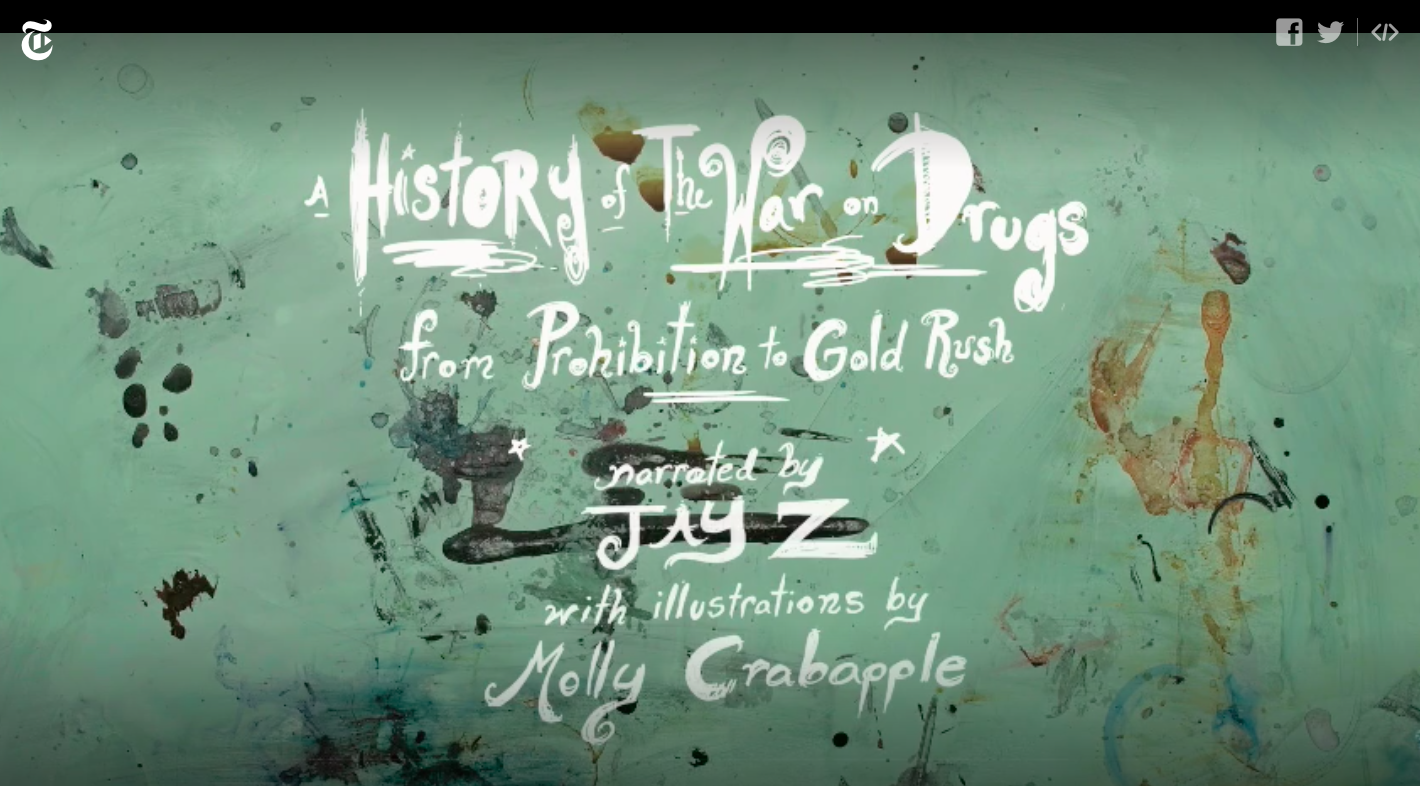 The New York Times - nytimes.com
The New York Times - nytimes.com
Carter, 45, starts the video, which was co-produced by the Drug Policy Alliance and Revolve Impact, by outlining the beginning of U.S. failed drug policies. Republican President Richard Nixon started the war on drugs and the next Republican, President Ronald Reagan "doubled down" on it.
"In 1986 when I was coming of age, Ronald Reagan doubled down on the 'war on drugs' that had been started by Richard Nixon in 1971. Drugs were bad, fried your brain, and drug dealers were monsters the sole reason neighborhoods in major cities were failing."
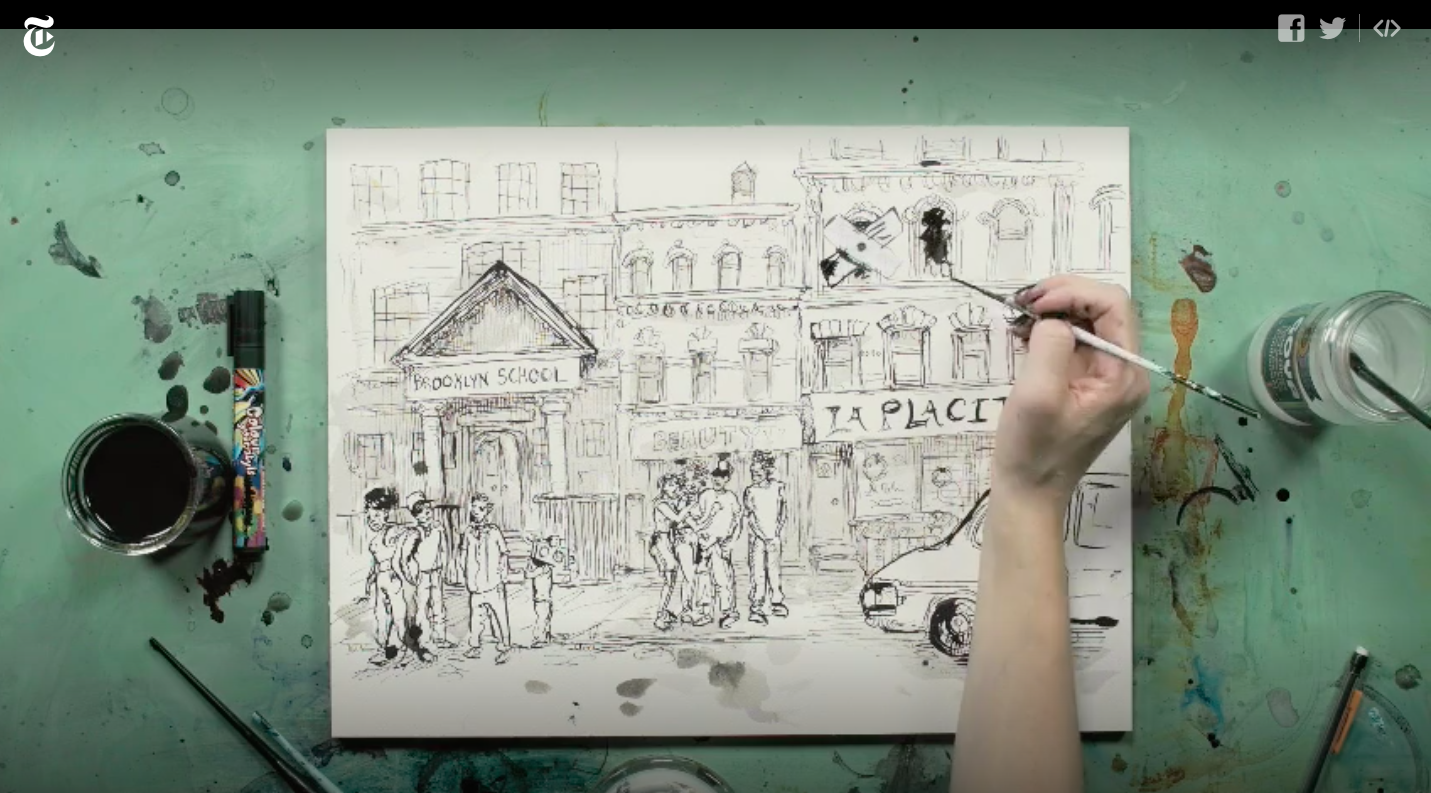 The New York Times - nytimes.com
The New York Times - nytimes.com
Carter explains that the "war on drugs" was a distraction from the bad policies that were causing the deterioration of inner city neighborhoods.
"No one wanted to talk about 'Reaganomics' and the ending of social safety nets, the defunding of schools, and the loss of jobs across America. Young men, like me, who hustle became the sole villain and drug addicts lacked moral fortitude."
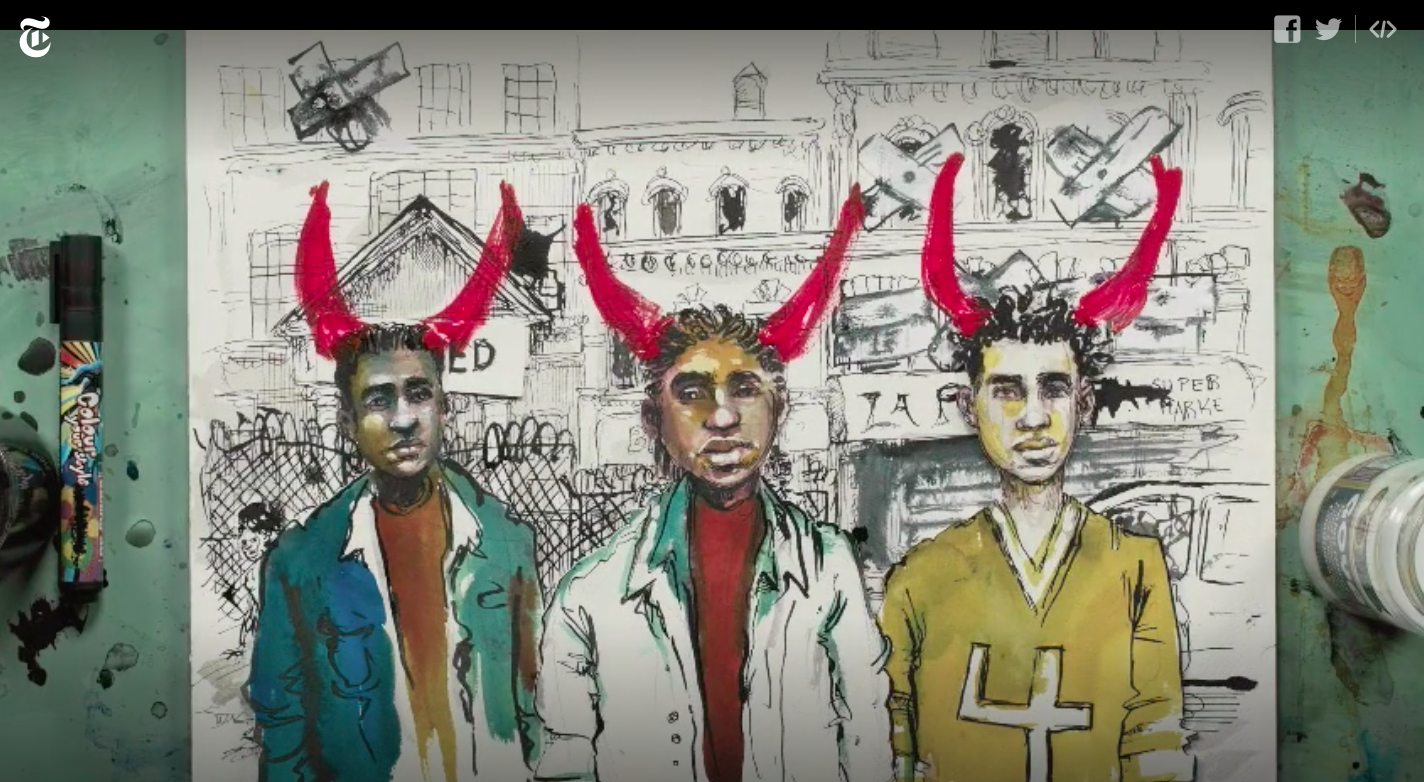 The New York Times - nytimes.com
The New York Times - nytimes.com
In the 1990's under Democratic President Bill Clinton, incarceration rates exploded with tough mandatory sentences for drug offenses that disproportionately put blacks and Latinos behind bars. According to a 2013 report from the ACLU, a black person is 3.73 times more likely to be arrested for marijuana possession than a white person, though "marijuana is used at comparable rates by whites and blacks," the ACLU stated.
Last year, Clinton admitted that signing the 1994 Violent Crime Control and Law Enforcement Act was a bad idea.
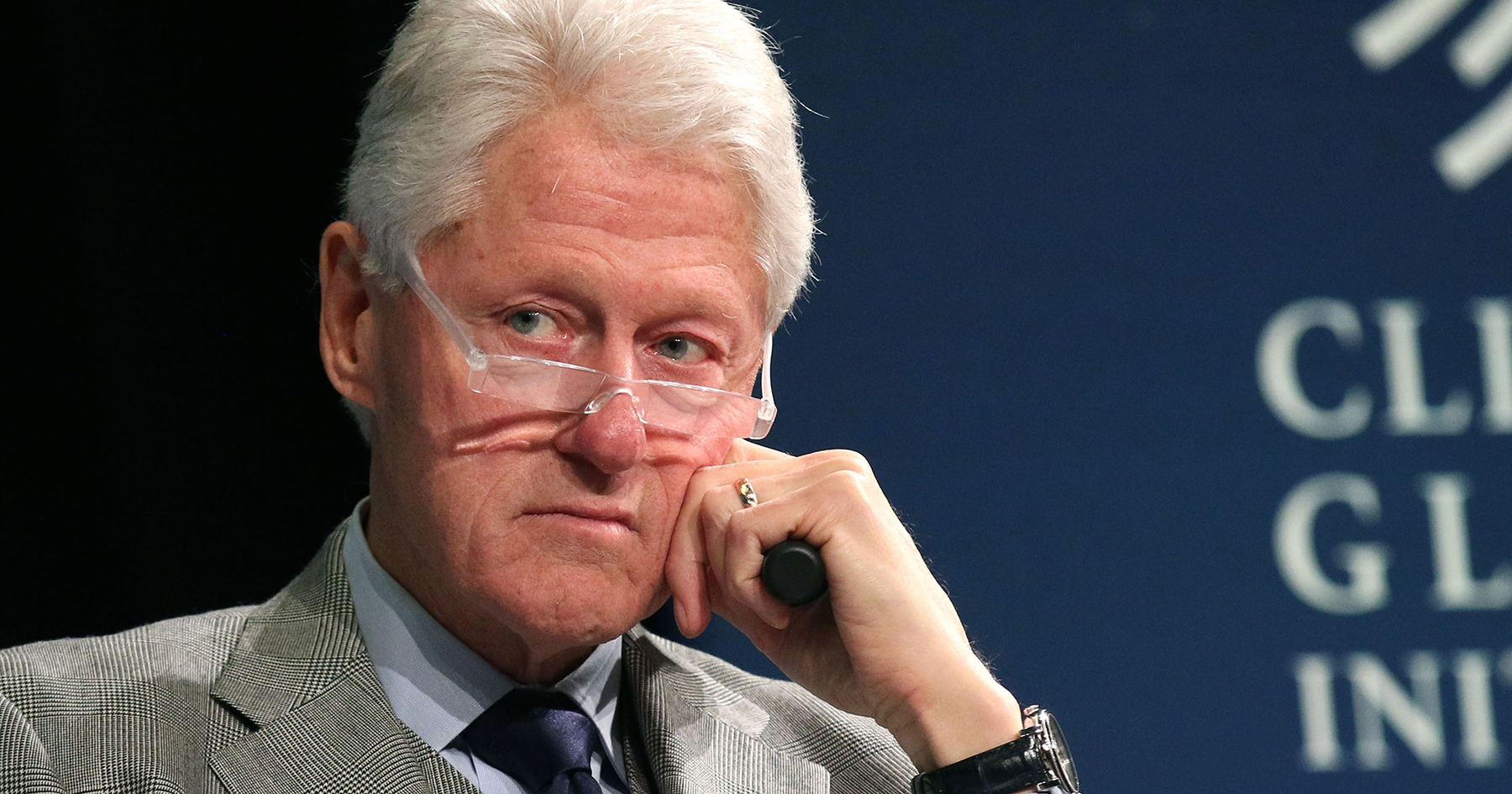 Greg Allen/Invision/AP - apimages.com
Greg Allen/Invision/AP - apimages.com
“The good news is, we had the biggest drop in crime in history,” Clinton said last year, according to MSNBC. “The bad news is we had a lot people who were locked up, who were minor actors, for way too long.”
The bill established mandatory minimum sentences and created the infamous "three strikes" law that gave three-time felons life sentences. The number of people incarcerated grew by 60 percent during Clinton's administration, according to the Brennan Center for Justice.
The U.S. currently has the highest incarceration rate in the world in large part to these policies.
"China, Russia, Iran, Cuba: all countries we consider autocratic and oppressive. Yea, more than them," said Carter.
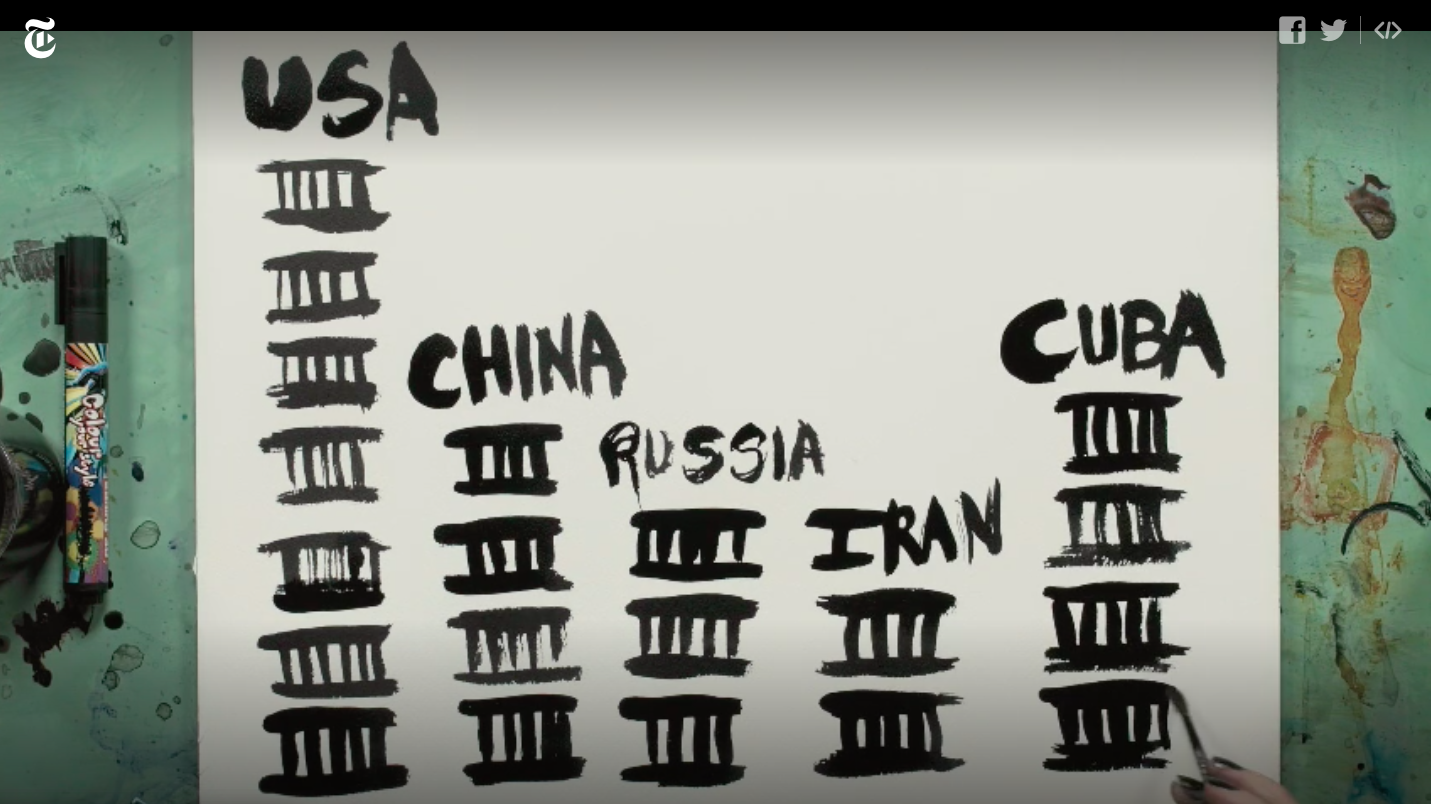 The New York Times - nytimes.com
The New York Times - nytimes.com
Now that certain states like Colorado are decriminalizing and legalizing marijuana, there is a push for white people to make money from the same drug system that slammed prison bars on blacks and Latinos for decades. In some states, people are still receiving long prison sentences for drugs while in other states, business are profiting from the same drugs in a $50 billion marijuana industry, according to The New York Times.
In March 2016, Buzzfeed found that only 1 percent of legal marijuana entrepreneurs were black. "Nobody keeps official statistics on race and cannabis business ownership," Buzzfeed reported. "But based on more than 150 interviews with dispensary owners, industry insiders, and salespeople who interact with a lot of pot shops, it appears that fewer than three dozen of the 3,200 to 3,600 storefront marijuana dispensaries in the United States are owned by black people — about 1%."
In California, where the potential to legalize recreational marijuana is on the November ballot, there is a push make sure people of color are not left out of the potential "green rush," as Alice Huffman, Chair of the California NAACP, told KPCC earlier this year.
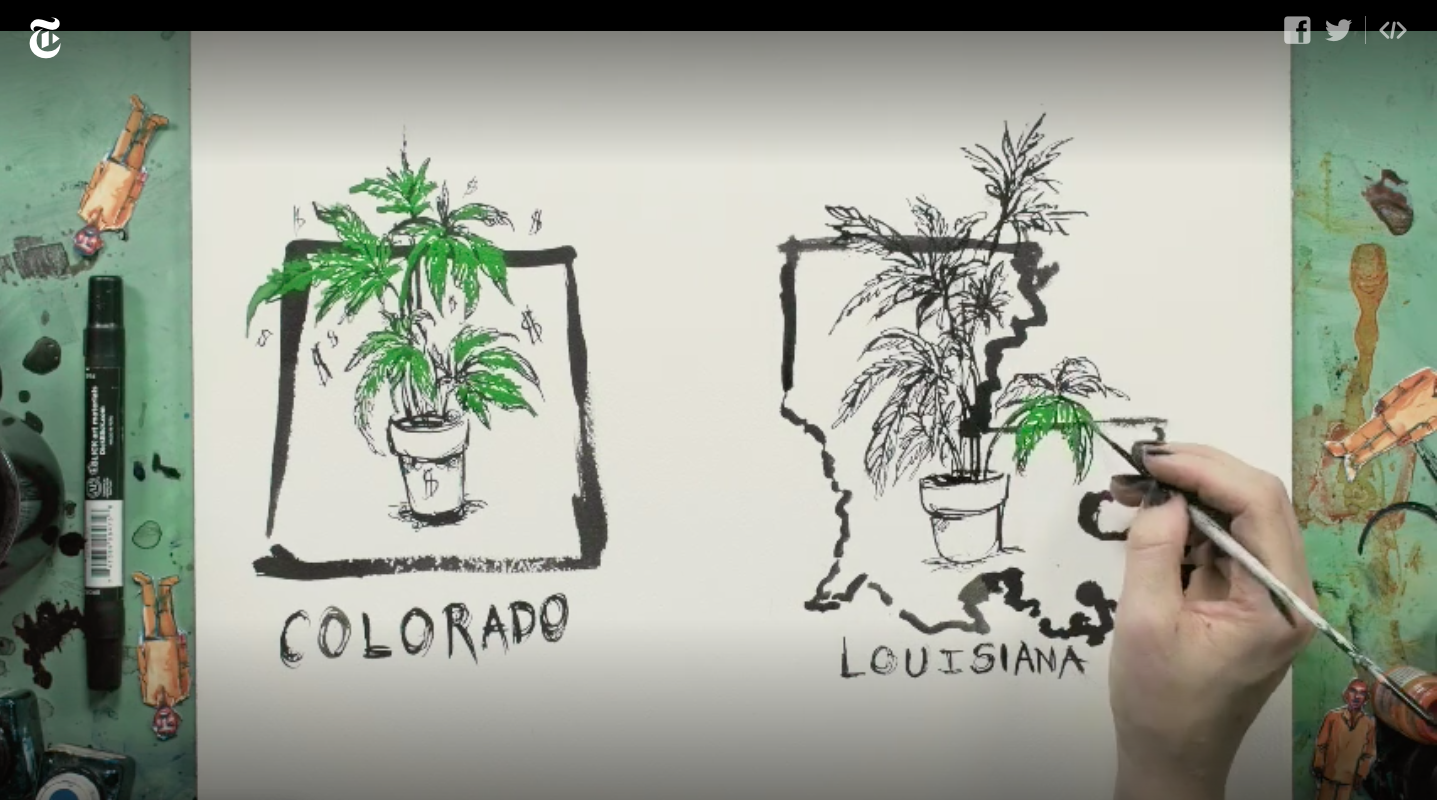 The New York Times - nytimes.com
The New York Times - nytimes.com
In a tragic irony, former drug offenders with felony records are often barred from participating in the new legal marijuana industry.
"If you're entrepreneurial and live in one of the many states that are passing legalized laws you may still face barriers participating in an above ground economy. Venture capitalists migrate to these states to open multi-billion dollar operations but former felons can't open a dispensary."
In an effort to correct the flawed U.S. drug policy and criminal justice system, President Barack Obama has used his clemency initiative to free drug offenders, who are serving long mandatory drug sentences.
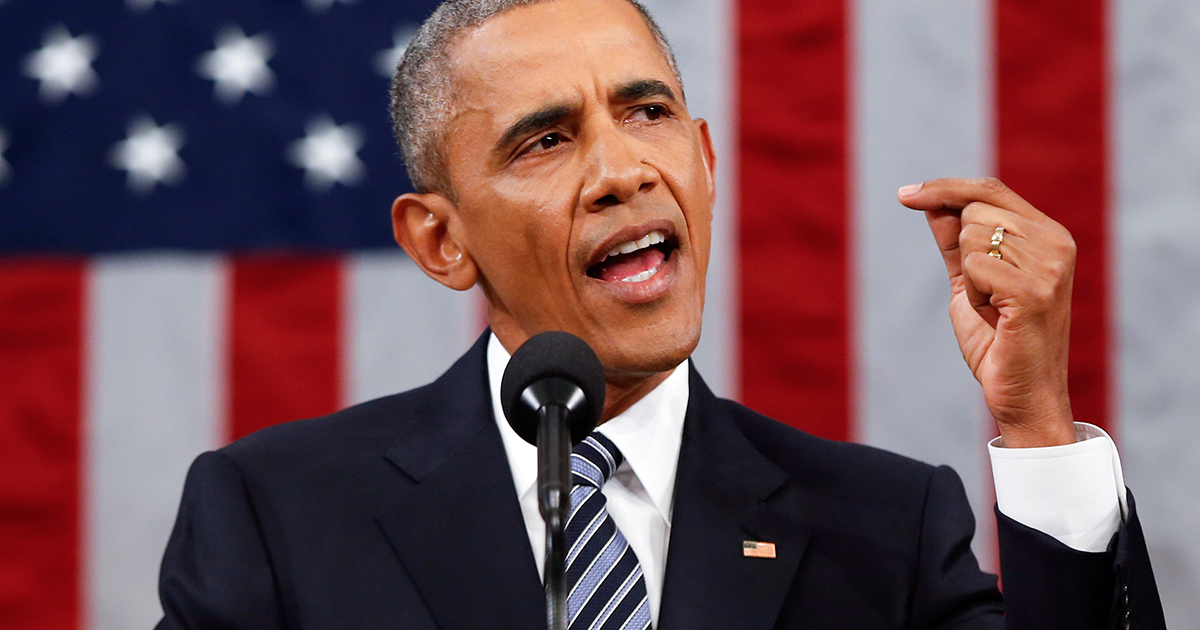 AP/Evan Vucci - apimages.com
AP/Evan Vucci - apimages.com
He's cleared the sentences of more prisoners than the last 10 presidents combined, and most of them were non-violent drug offenders. However, the Obama administration has called for Congress to take legislative action on criminal justice reform. In August, Neil Eggleston, the White House counsel to the president wrote on the White House website about the need to take action.
"While I expect that the President will continue to grant commutations through the end of this administration, the individualized nature of this relief highlights the need for bipartisan criminal justice reform legislation, including reforms that address excessive mandatory minimum sentences. Only the passage of legislation can achieve the broader reforms needed to ensure our federal sentencing system operates more fairly and effectively in the service of public safety."
